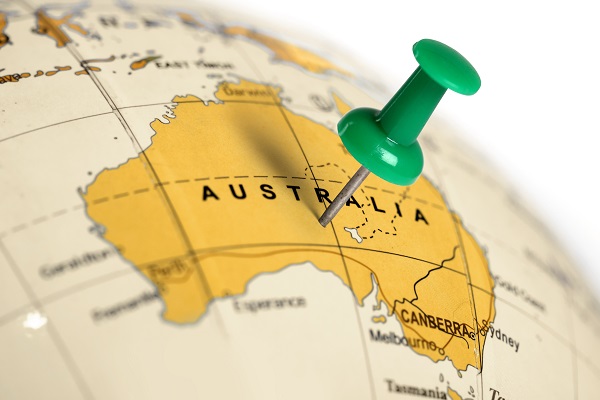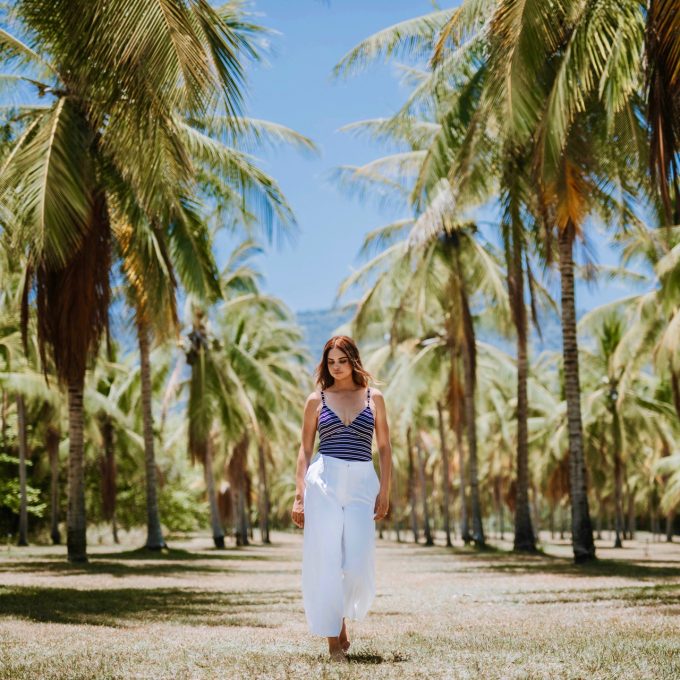“They are destroying the local tourism industry”: World-renowned wine region calls for help
In one of Australia’s most iconic tourist regions, Airbnb stands accused of forcing accommodation owners out of business.
The home-share platform, which this week welcomed parliamentary rules regulating its operators in NSW, is allegedly undermining accommodation businesses unable to compete in Margaret River’s unregulated marketplace.
According to local press reports, many of the WA town’s accommodation providers are struggling to pay their bills, with occupancy rates at record lows and several operators forced to close their doors.
The region’s registered accommodation providers are so concerned, they have banded together to push for speedy legislation against the home-share giant.
Spokeswoman Debbie Noonan said more than 800 Airbnb listings, most of them unregistered, were having a profound effect on established accommodation businesses.
“If things are allowed to continue as they have over the last three years, longstanding quality accommodation properties will continue to disappear in Margaret River, replaced by rented rooms in private houses offered by short-stay accommodation platforms like Airbnb,” she told The Weekend West.
“If that is all the town can offer down the track, it will dilute the quality of the brand we have built for Margaret River, not only locally but, more importantly, internationally.”
Welcoming the NSW Government’s new limits on short-let rentals, Airbnb said it was “committed to working collaboratively” to create regulations which “protect people’s rights and support healthy tourism”.
It pointed out that Deloitte Access Economics research had found Airbnb contributed more than $987 million to NSW’s Gross State Product in 2017 and supported more than 7,300 full time jobs.
But in Margaret River, tourism operators claim the picture is very different.
“Local tour operators are already seeing a steady decline in bookings as this Airbnb accommodation market seems less inclined to recommend guests take tours,” said Ms Noonan.
“Several restaurants and shops have closed in the main street and winery restaurants report declines as these tourists self-cater and mainly do sightseeing, not purchasing goods.”
In October last year, a report on the impact of Airbnb on WA’s tourism industry showed the state had more than 8000 Airbnb listings – most offering entire house or apartment lets – accounting for a quarter of WA’s room capacity.
The Bankwest Curtin Economics Centre report showed supply increasing by around four per cent each month.
Australian Hotels Association WA chief executive Bradley Woods said the platform had become more like a hotel service.
“The Western Australian Government has an opportunity to lead with fairer regulation of commercial accommodation and develop a model that allows for legal Airbnb operators to exist alongside hotels and serviced apartments,” he told WA Today.
“Planning guidelines should be developed for local government authorities to manage the sector whilst still delivering results for tourism, the economy and job creation.
“The absence of regulation has created inequity that if not addressed will continue to put jobs at risk.
“The AHA accepts genuine shared and hosted accommodation. However, the majority of listings are for entire homes or apartments.”
Mrs Noonan said her group was calling for a “robust enforcement” of policies and regulations governing short-stay accommodation.
“The group wants to work with state and local authorities to develop strategies to ensure the Margaret River brand remains strong and that the long-term, traditional accommodation operators who are the backbone of the tourism industry remain viable,” she said.
Airbnb country manager Sam McDonagh last year flagged the company’s willingness to engage in the debate over regulation, saying the Bankwest report reinforced “the urgent need for fair and progressive rules for home sharing in Western Australia”.

AccomNews is not affiliated with any government agency, body or political party. We are an independently owned, family-operated magazine.







A lot of those rental places were previously available for rent at real estate agents and on websites. I am not sure I see it as being that big of an issue. You’ve been able to rent out a house down south since I was born almost 40 years ago. We’ve had houses that we’ve rented out down there. There was never any material regulation or limits.
Many of the accommodation places down south are run down, haven’t been updated significantly since the 90’s, and are over-priced. Tourism is a tough industry, if you don’t invest in your facilities, you can’t charge a premium price. People doing less tours is a continued trend, nobody wants to sit on a bus with a bunch of random people and go to wherever the tour company wants to take you, which is often small places with poor wine that are their friends who give them kickbacks.
There is a lot more competition down south now, I just think some of the lower quality offerings are falling behind and not keeping up. It has very little to do with Airbnb.